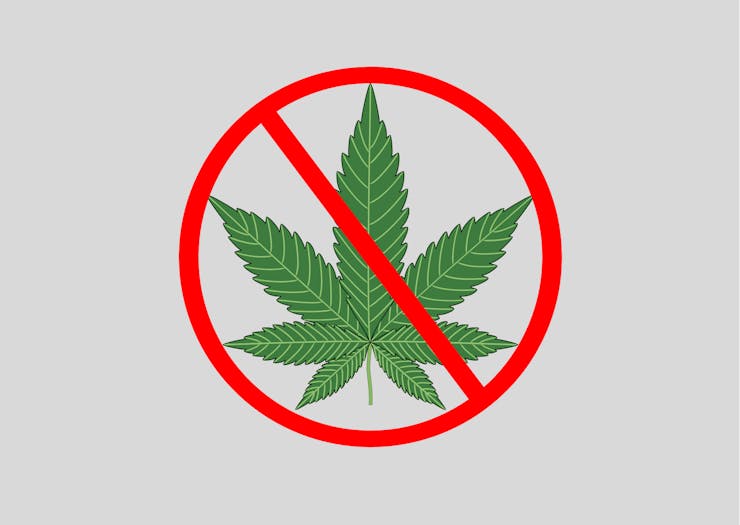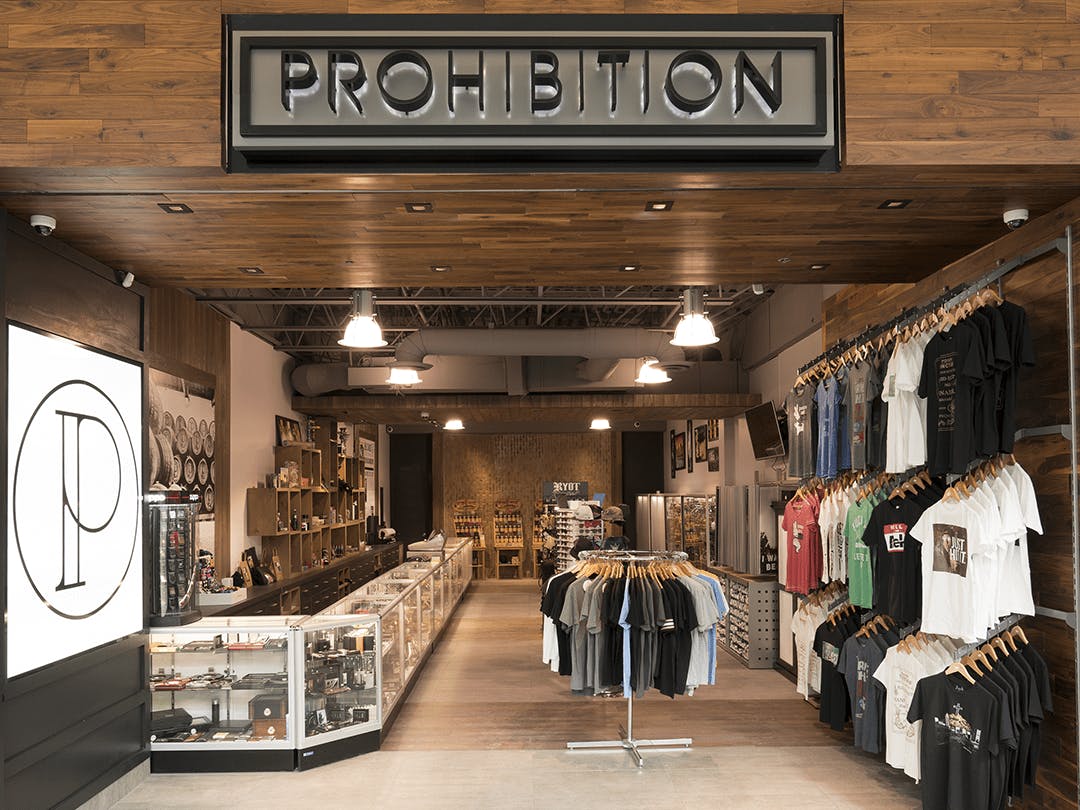The UN has called for a worldwide ban on cannabis advertising, causing confusion in countries that have a thriving legal industry.
Last month, the United Nations Office on Crime and Drugs released its World Drug Report 2021, calling for a comprehensive ban on advertising, promoting or sponsoring cannabis to ensure that public health interests prevail over business interests.
The report argued a ban is necessary due to increasing potency and youths’ belief that cannabis is not harmful, claiming “cannabis use is associated with a variety of health and other harms.”
“Aggressive marketing of cannabis products with a high THC content by private firms and promotion through social media channels; can make the problem worse,” the UN officials wrote in their report.
Industry leaders aren’t terribly surprised
Deepak Anand, CEO of Materia ventures and one of the Canadian industry’s longest-running commentators on international cannabis business, said he wasn’t surprised by the report.
However, after years of hard-line support for cannabis prohibition, the UN has shown its attitudes toward cannabis to begin to soften over the past year.

In December, the UN Commission for Narcotic Drugs (with 53 member states) voted to remove cannabis from Schedule IV of the 1961 Single Convention on Narcotic Drugs (CND), effectively signalling the body no longer believes cannabis is as dangerous as heroin.
Though largely dismissed as a symbolic win, it nonetheless augured future tectonic shifts within the UN’s attitude to cannabis.
For those expecting the UN vote will prompt quick changes, Anand suggests caution. “It wasn’t exactly a unanimous vote—it narrowly passed, with one country moving it forward.”
“Legalization of cannabis in Canada, and a number of other countries since then both for medical and recreational purposes, has clearly resulted in movement on the UN’s part.”
Not all UN members want to ban cannabis
There are indications many at the UN are willing to encourage that movement to continue. Anand notes several member states within the Commission on Narcotic Drugs look pragmatically at the issue of legalization and recognize the UN view of cannabis as more dangerous than alcohol or tobacco is fundamentally unreasonable.
“Unfortunately, the way the UN works, and CND in particular works, they’re using more of a consensus approach than a voting approach,” Anand explains.
“They do vote on certain things, but generally they’re looking to get consensus on issues. And this is definitely an issue you’re not going to be able to get consensus on from [ardently anti-drug] countries like Russia and China—they’re going to be very much diametrically opposed,” says Anand.
Canadian legalization pushed the status quo
Canada leads the world as the first G7 nation to legalize adult cannabis use for recreational purposes on a national scale. Anand says Canadian legalization “led to the UN recognizing this as an issue they’re going to have to deal with, whether it be now or later.”
Canada already has some tight regulations around cannabis advertising. Retail stores resemble adult paraphernalia shops, with windows shaded so products can’t be seen from the street. Celebrity endorsement, sponsorship, and any sort of promotional advertisement are all extensively restricted.
Even prior to Canadian legalization, discussions about decriminalizing cannabis were happening on state-level scales in various US locales, while other G7 nations are warming to the idea as well. What that adds up to, for Anand, is that the UN “recognizes this is an issue that can no longer be put off.”
He credits the widening acceptance of medical cannabis across many UN nations as another important pressure on the UN to modernize its stance.
That pressure is necessary.







